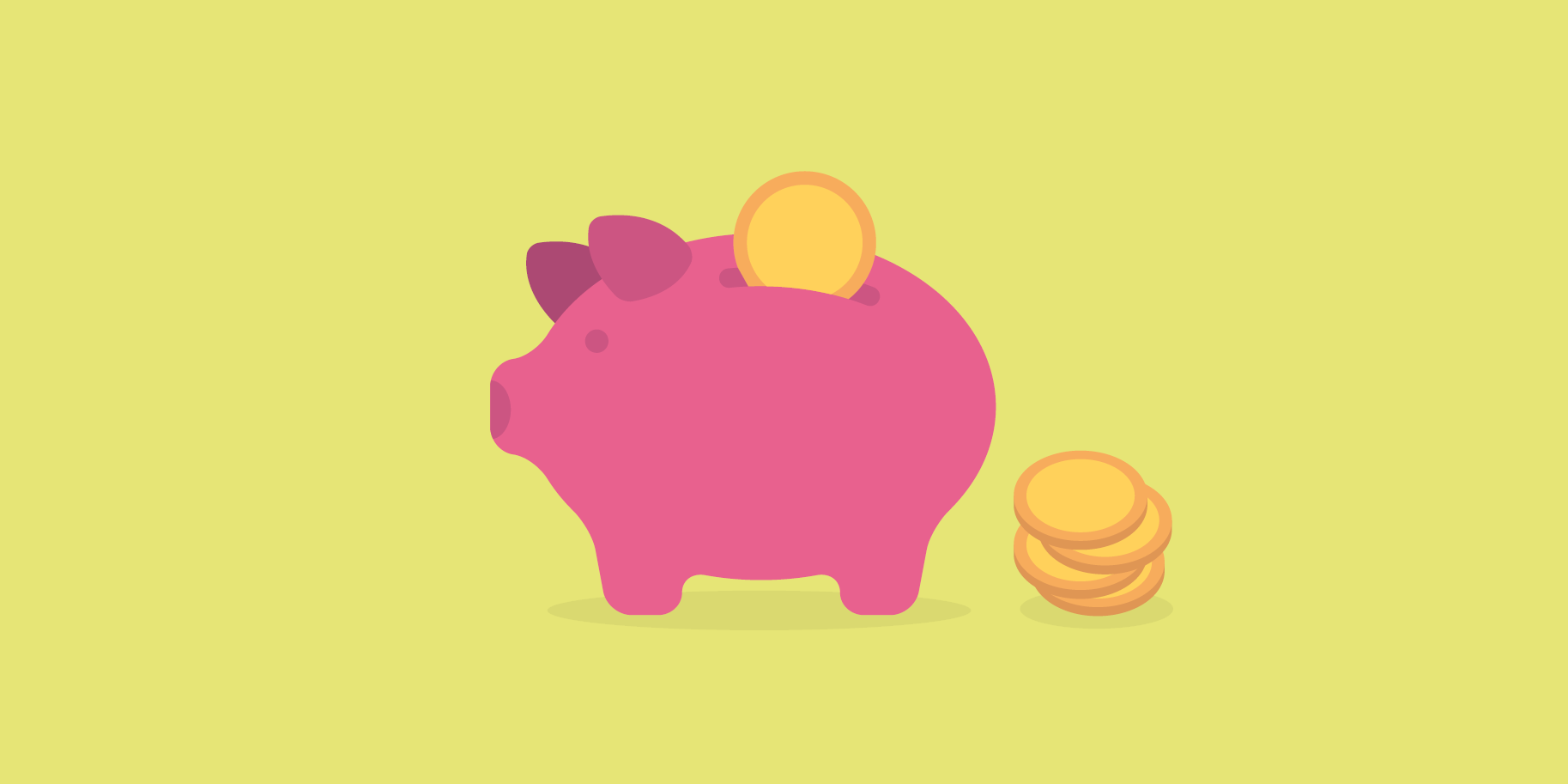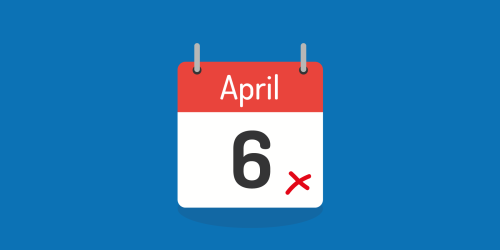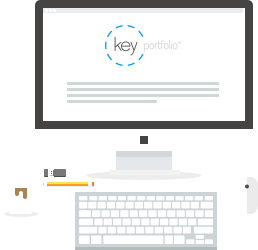The new tax year and your take-home pay
2 minutes to read

The new tax year starts on 6th April and as always it brings a few changes that will affect your take-home pay. Let’s take a look at what this might mean for you.
The changes for 2016/17 are:
- The basic tax-free personal allowance will rise from £10,600 to £11,000. For many of us, this means a new tax code. For example, if it’s 1060L, it will become 1100L.
- You’ll pay basic rate tax (20%) on earnings up to £32,000 (up from £31,785 last year) over your personal allowance.
- You will pay higher rate tax (40%) on earnings between £32,001 and £150,000 over your personal allowance.
- Student loan repayments will be calculated on earnings over £17,495 (up from £17,335 last year).
- Contractors will no longer be able to claim most types of expenses, except in very limited circumstances.
- If you work with Key Portfolio, we’re reducing the margin we retain for our services.
How does this affect my pay?
Each of these changes has the potential to either increase or decrease your take-home pay.
Going up?
The higher tax-free personal allowance is likely to increase your take-home pay. If you’re paying off a student loan, each repayment will be a bit lower. And if you’re in the higher rate tax bracket, you’ll pay 40% tax on a slightly smaller portion of your earnings.
If you work with Key Portfolio, our reduced margin will mean more pounds in your pocket each week.
On the other hand…
You can no longer benefit from tax relief on your work-related expenses and may pay more tax and National Insurance as a result.
The bottom line
These factors will balance out differently for each person, with the overall impact on your take-home pay dependent on the level of expenses you’ve been used to claiming.
If you usually don’t claim anything, you’re likely to see an increase to your take-home pay come April. At the other end of the scale, very high claimers may see a noticeable decrease. Most people are somewhere in the middle. And remember, we’ve done our best to counteract the effects of the legislation by introducing a package of perks and discounts to help your take-home pay stretch further than ever.
The new tax year happens around Easter, when many people take a break from work. It’s worth noting that if you’re on a cumulative tax code, your first payment after the holiday may be higher than usual.



